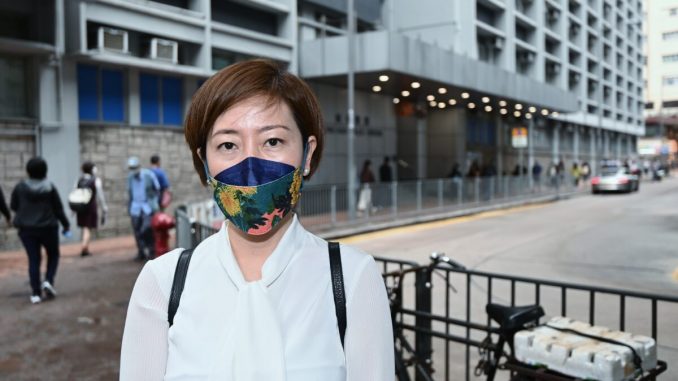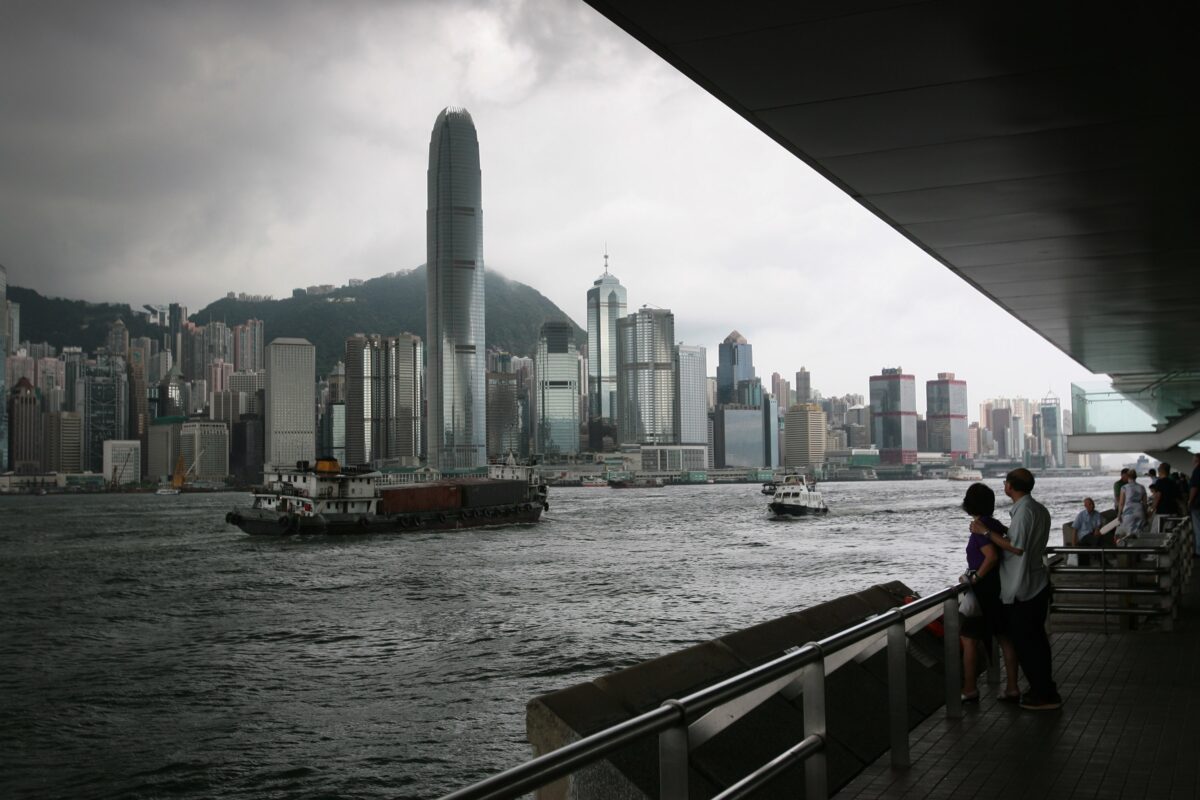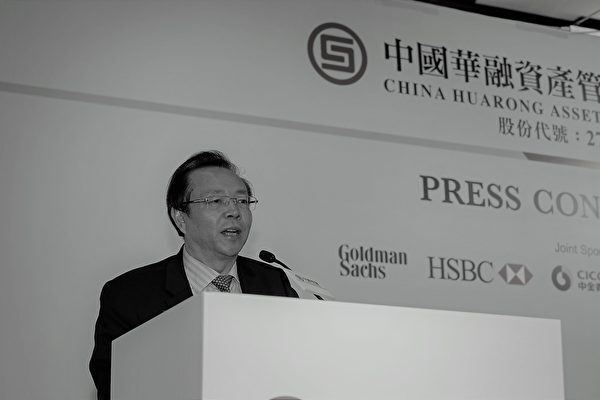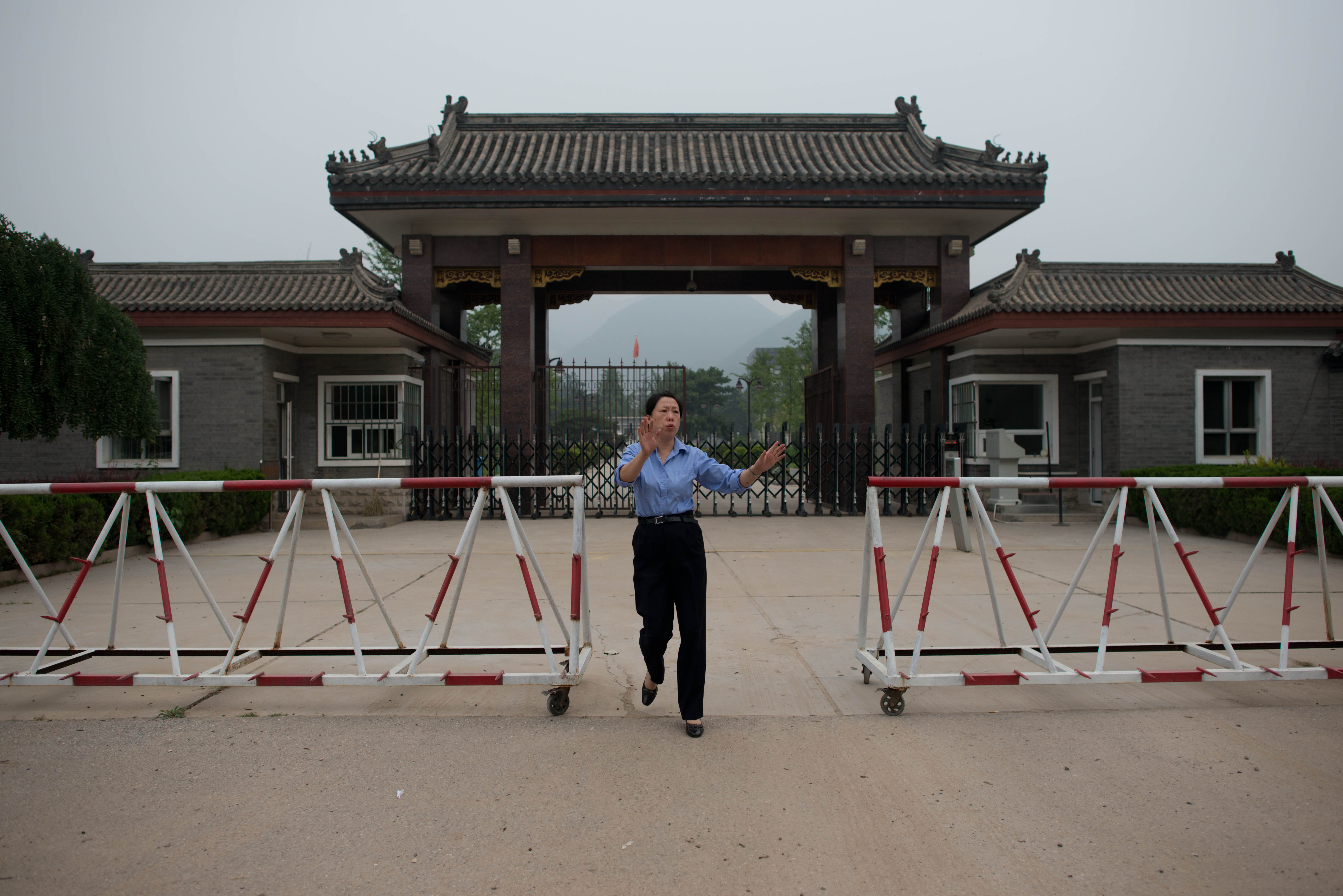
Commentary
Zhen Liang, also known as Sarah, is an Epoch Times Hong Kong edition reporter who was stalked by a suspected CCP (Chinese Communist Party) secret agent on her way to an interview on April 26. Realizing the man had been following her, Liang asked him, “Are you a reporter from Ta Kung Pao?” The man tracking her then ran off. Liang asked him loudly as she ran after him, but the man picked up speed and escaped.
Liang said she suspected that the man was a reporter from the Hong Kong pro-communist newspaper Ta Kung Pao because it published an article that slandered The Epoch Times and disclosed her whereabouts.
Days earlier on April 24, another man claiming himself to be a delivery worker came to Liang’s home and knocked on her door. Liang asked him several questions, but the man mumbled and spoke incoherently. Liang then asked him directly, “Are you a CCP agent?” The man then left in a panic.
The Mistakes These CCP Spies Have Made
Liang is a veteran journalist who is beloved by the Hong Kong public and Chinese-speaking readers. She began to work for The Epoch Times and New Tang Dynasty Hong Kong edition in 2002. For nearly 20 years, she has been upholding traditional and universal values and delivering truthful information to Hong Kong people and Chinese-speaking audiences around the world.
Liang is a hostess of a brand-name program called “Zhen Yan Zhen Yu (Precious Words and Truthful Speech).” It features interviews with influential mainstream figures from all walks of life in Hong Kong, including former senior government officials, Legislative Council members, senior current affairs commentators, barristers, celebrities, and performing stars. It brings together many refreshing and enlightening stories about Hong Kong.

The brand name comes from both Liang’s name and her belief.
“My Chinese name is Zhen,” Liang said, “and I have believed in the word ‘truth,’ which is also pronounced ‘Zhen’ in Chinese since I was a child.”
Liang’s Chinese name “Zhen” can be used as an adjective, noun, and verb, with various meanings including “precious,” “valued highly,” and “cherished.”
Hong Kong was once called the “Pearl of the Orient” and enjoyed freedom of belief, freedom of speech, and freedom from fear and want, but it is now experiencing the greatest crisis in its history. As an old Chinese saying goes, “A kind word keeps people warm even in bitter winter,” Liang’s “precious words” are greatly cherished by people.
“Zhen” also means sincerity, facts, and truth. Sincerity can touch the hearts of the audience. True information can sometimes save lives. When the truth comes to light, evilness can find nowhere to hide. Liang, with her sincerity, has been reporting true information and revealing the truth behind disorderly and chaotic appearances. Liang’s reporting of the truth is even more valuable these days.
Karl Marx, the ancestor of the CCP, published “The Communist Manifesto“ 173 years ago. Throughout the history of the international communist movement for over 170 years, communists have been fighting capitalism in accordance with Marx’s demands. The result of their fight is that, in the late 1980s and early 1990s, all communist regimes in the Soviet Union and Eastern European countries fell apart. The CCP became the largest communist party in the world after their collapse.
On July 20, 1999, the CCP mobilized its entire state apparatus to persecute practitioners of the spiritual belief system Falun Gong, who believe in the principles of truth, compassion, and forbearance. But the CCP has not been able to silence Falun Gong for more than 20 years. On the contrary, Falun Gong has been welcomed by people in more than 110 countries and regions around the world.
The CCP also persecutes other ethnic groups and faiths in China. In fact, the past two decades have been a period in which the CCP has been advocating its false, malicious, and fighting ideology and practices in mainland China, Hong Kong, and around the world. What are the consequences of them doing this?
Widespread Corruption
I worked in the Ministry of Supervision under the CCP’s Central Commission for Discipline Inspection (CCDI), and I have been studying corruption in the CCP. According to preliminary statistics, since the 18th National Congress of the CCP, more than 80 corrupt CCP officials have been investigated and purged for embezzlement and bribery amounting to approximately $5.6 billion. Despite the data being incomplete, these numbers are of record highs in the world.
Let me list three of the most recent cases.
Lai Xiaomin, former chairman of China Huarong Asset Management Co., which is China’s largest asset management firm, was charged with accepting bribes totaling $280 million. He was executed in Tianjin city on Jan. 29.
Less than a month later, on Feb. 27, it was revealed that Li Jianping, the former secretary of the Party Working Committee of the Inner Mongolia Hohhot Economic and Technological Development Zone, had embezzled more than $463 million.
On March 28, a shocking corruption case was exposed. Xu Changyuan, a former high-ranking CCP official, was involved in mafia-linked assets worth more than $1.52 billion.

These figures may be world records as well.
The CCP has been persecuting and suppressing the Chinese people for many years, and it has turned itself into the most corrupt political party in the world.
When Chinese people talk about “so-and-so passing away,” they often say “100 years after so and so’s birth.”
This year marks 100 years since the founding of the CCP. In the past 100 years, the CCP has told too many lies, done many bad deeds, and owed too many debts of blood. Today, history has come to the stage of “Heaven will destroy the CCP.”
The CCP’s special agents who follow the CCP to do evil may get some dirty money for a while, but their end is concerning.
Most of the CCP’s Special Agents Have Met With Poor Fate
Before the CCP subverted the Republic of China (ROC) in 1949, it had a policy for the CCP’s underground members. The core instructions were to conceal their elites, go into long-term hiding, accumulate strength, and wait for the right time. At that time, many CCP underground members, also known as CCP special agents, infiltrated the ROC’s party, government, and military organs to steal important information.
However, after the occupation of Nanjing in 1949, the CCP formulated a new policy for its underground members, and the main ideas of the policy were to lower their ranks when changing jobs, use them in a controlled way in local or remote areas, and gradually wipe them out. This new policy became an important guideline for purging the CCP’s own underground members after the CCP came to power.
After the CCP came to power, it launched dozens of bloody and brutal political campaigns, in which the underground CCP members, also known as CCP special agents, were a top target of the purge. Almost all underground CCP members were subjected to the purge and many of them were persecuted very severely. Many families were broken up and their beloved members killed in the political campaigns.
Chen Xiuliang, former Secretary of Nanjing Municipal Party Committee, who claimed to be one of the six most beautiful spies in the CCP, was branded as an “extreme rightist” and was removed from the Party. All her posts were revoked and her ranking was downgraded six levels. She was subjected to political suppression for 22 years. Chen’s husband, Sha Wenhan, former governor of Zhejiang Province, was branded as the head of an anti-Party group and the highest-ranking rightist in the CCP. He was also removed from the CCP and all his former positions, and he died with grief.
Pan Hannian, a senior CCP special agent, was secretly arrested in 1955 and imprisoned in Qincheng prison, which is located in Beijing and is said to be a maximum-security prison for political prisoners. He was sentenced to 15 years of imprisonment in 1963 and to life imprisonment during the Cultural Revolution. He died of illness during the time he was in a forced labor camp in Hunan Province.

Wang Chaobei, a senior CCP special agent who was on par with Pan Hannian, was imprisoned for 17 years and 9 days in Qincheng prison and other places.
Yan Baohang, who had specialized in collecting strategic intelligence for the CCP, was arrested and detained in Qincheng prison at the age of 72. He was later tortured to death.
Yan’s youngest son, Yan Mingfu, was also imprisoned in Qincheng prison for eight years.
Liu Xiwu, former CCP Party Secretary of Beiping (another name for Beijing) Municipal Committee before 1949, was persecuted to death during the Cultural Revolution.
Ge Peiqi, a senior CCP agent who helped the CCP win the Liaoshen Campaign, which was decisive for the CCP’s victory in the Chinese Civil War, was branded a “double counterrevolutionary” by the CCP. By “double counterrevolutionary,” he was labeled as a historical counterrevolutionary and an active counterrevolutionary. He was sentenced to life imprisonment in 1957.
There are many more such cases, and I will not list them here. History proves that all CCP’s special agents who were accessory to the evil party’s crimes will pay the price for their words and actions.
The Epoch Times Hong Kong edition is an important part of the Epoch Times Media Group, headquartered in New York, USA.
The Epoch Times Media Group has become the world’s largest Chinese-language and multilingual newspaper and online media, with branches in 35 countries, and websites in 23 languages, including Chinese, English, and French. Its newspapers are distributed on five continents, and it has journalists all over the world.
The CCP agents’ stalking and harassment of Sarah Liang, reporter of Hong Kong Epoch Times, also interferes with and undermines freedom of the press that all journalists of the Epoch Times Media Group safeguard around the world. The reporters of the Epoch Times around the world will watch closely any movements of the CCP’s special agents in Hong Kong and promptly expose to the world all their ugly acts in Hong Kong.
Wang Youqun graduated with a Ph.D. in Law from the Renmin University of China. He once worked as an aide and copywriter for Wei Jianxing (1931–2015), a member of the CCP Politburo Standing Committee from 1997 to 2002.
Views expressed in this article are the opinions of the author and do not necessarily reflect the views of The Epoch Times.





Be the first to comment